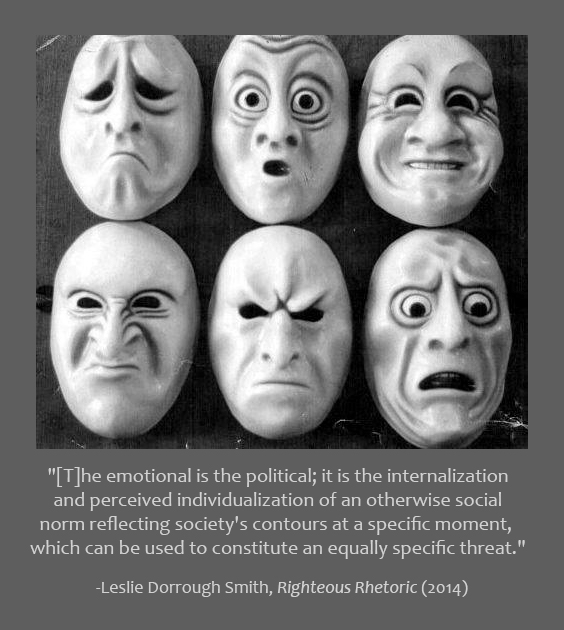Culture on the Edge is comprised of a core collaborative research group and its invited guests. Together they interrogate the contradiction between the historicity of identity, which is always fluid over place and time, and common scholarly assertions of a static and ahistorical origin for an identity community (whether religious, national, ethnic, etc.) against which cultural change can be measured. The collaborative has a book series with Equinox Publishers.
 Read more? Coming soon…
Read more? Coming soon…
 Read more? Coming soon…
Read more? Coming soon…
Loaded question, sorry, but is there a difference between social contours/individualization of social norms in a society talked about here and, say, the functioning of the concept of ideology, with the individual “always, already,” as it were, being enveloped by ideology? Plus the idea being the “specific threat” being the thing allowing the social contours themselves to function?
Put another way, maybe, could that “specific moment” of individuation of the societal contours would be like a moment where ideology is re-producing itself (I guess that’d be the society too?)–allowing ideology (society) to function?
This might just be a nonsensical semantic question, my apologies.
I sense that we’re talking about the same thing, if your first comment is indicating that there is no subject outside of the socio-political process. In other words, “I” am only a recognizeable and distinct “me” insomuch as it is the categories of society (always politically wrought) through which I am made intelligible, so to speak, and through which I and others can describe myself. And yes, I think that individuation is part of the reproduction process if in part because the ideology has now been naturalized — I think it’s mine rather than something that came from elsewhere. This is why Barthes spent so much time talking about the power of naturalization in perpetuating myth: when certain otherwise constructed relationships are made to appear natural and inevitable, ideologies have been passed along.
Thanks for the prompt response! I have a follow-up question if I may–in your comment “when certain otherwise constructed relationships are made to appear natural”–there are implications that there is a constructed vs natural dichotomy here. Arguing that the process of “passing ideologies along” so to speak, is not a natural or inevitable process, but something else–is ideology then itself fundamentally unnatural? And, in addition, not inevitable? If it’s unnatural, what can be said about the natural then? If not inevitable, is the right question then–what’s the potential here? (maybe this is a psychoanalytic discussion over the Real too, though I’m still ill read there, forgive me).
That was actually about four questions, sorry about that.
It seems that this is a philosophical question about whether one can determine that which constitutes “the natural.” I’m not sure I’m the best qualified person to answer this, if in part because I’m not aware of the philosophical debate that surrounds it, or whether that debate is even useful under these terms. Nevertheless, I’ll give it stab.
Generally speaking, I’m willing to argue that there is almost nothing that is “natural” in the sense of inevitability. Even those things that we often consider “natural” in the biological sense don’t necessarily proceed in a particular way when their environments are contaminated, manipulated, or otherwise altered. I become more and more convinced that arguments for things being “natural” is just a rhetorical strategy to justify certain social, biological, and a host of other arrangements, or similarly, the term may also be used to describe how things most *easily* proceed under certain conditions (all of which are manipulable). That’s just off the top of my head — what do you think?
No disagreement from me on the point of contingency of the social/biological plus “the natural” being one of many rhetorical strategies of justifying systems–and maybe not the easiest, but at least there are interests involved.
Maybe I’m wanting to ask about the naturalization process’ relation to the social/emotional self–where is the space for contingency? Is it in the accepting of particular social contours are one’s self, reading emotions as such, then acting on them as we see fit? Sounds a little too in control for emotional selves (this is precisely the space where sets of interests see their contingency come to light, in an angry outburst or something).
In the end, I think I just need to read more Barthes. =)